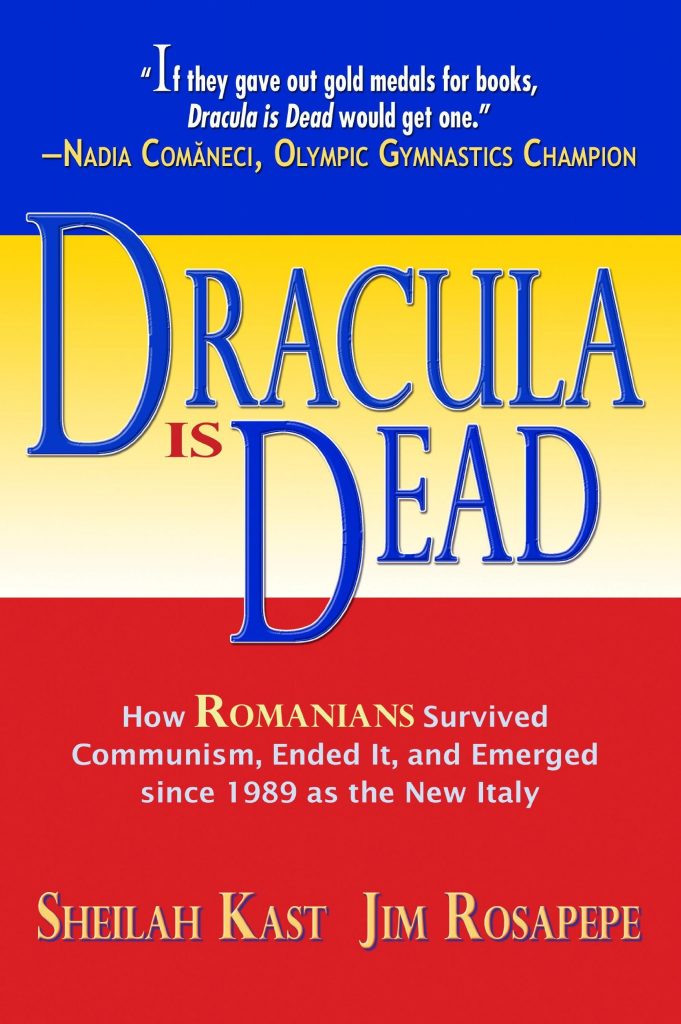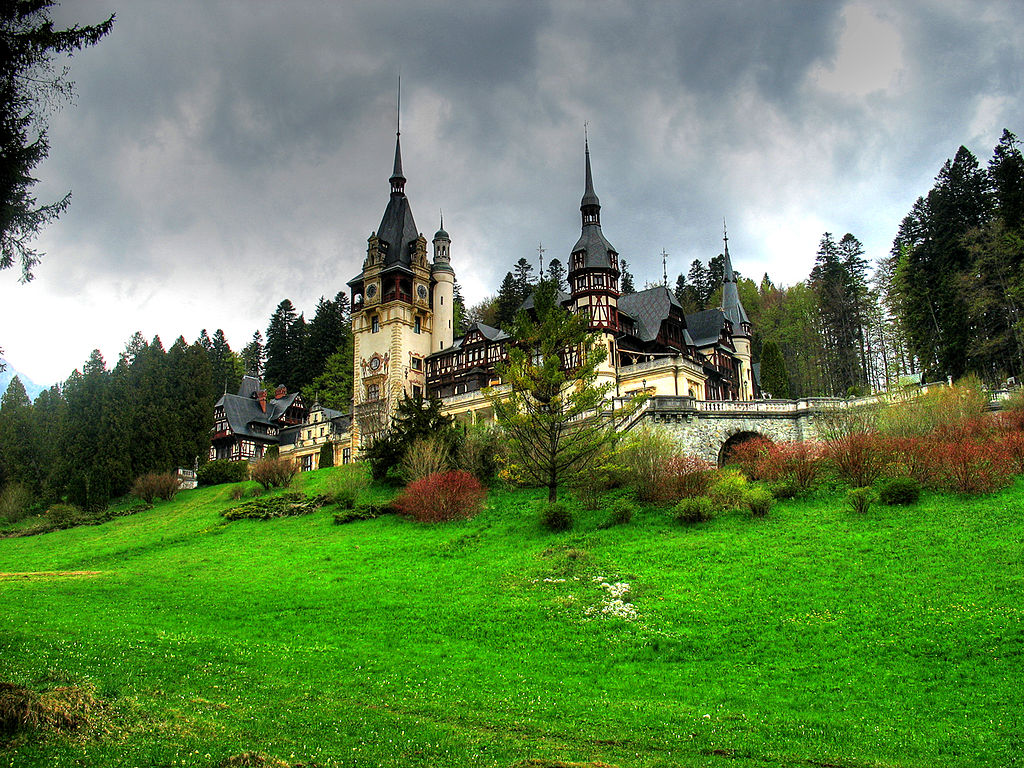I have made it relatively clear in the past that besides languages and traveling my main hobby is video games. (see these articles for how games have actually shaped my language learning!) Recently, one of my favorite series, Resident Evil, released the 8th game in the main series, and although it was fairly obviously the game is meant to take place in Eastern Europe, the game plays coy about its exact location. However, the currency used in-game, lei, provided evidence that the setting is intended to be Romania.
Although there is no Romanian present in the game, this piqued my interest about Romanian language and culture, and as I consistently discover with the languages chosen for this series, this is a rich history and plenty of interesting facts about the language.
Romanian is unique in that it is a Romantic language that uses the cyrillic alphabet. Before the official adaptation, there was Romanian script, but this largely only existed in official church writings. In spite of the use of cyrillic, and in spite of its earliest written evidence only dating to the 1500s, grammatically it is most likely the closest modern language to the original Latin. This is mostly due to its isolation from other languages because of the Balkans. Because of its evolution in Eastern Europe, we also see more Slavic influence on vocabulary compared to other Romance languages. The most unique retention of Latin is the use of 5 cases, mostly lost in other Romance languages.
Due to its close relation with Latin, consonants and vowels are relatively “pure” and sound as written, both in cyrillic and when written in Latin script. One interesting point of the written language is that for s and t, instead of cedillas, it is actually considered correct to use commas underneath the letters. Likewise, k, q, y, and w only appear in loanwords. Another unique feature among Romance languages is that definite articles are actually attached to the end of words, as opposed to appearing separately at the beginning.
With around 24 million speakers, Romanian is the least-utilized Romance language in modern times. Still, it enjoys status as an official language not only in its home country, but also Moldova and parts of Serbia and Greece. There are millions of diaspora speakers in Spain, Greece, and other European countries. The most popular contribution to English is undoubtedly a name familiar to us all, Dracula. Drac is Romanian for dragon, and ul represents the definite article attached to the end. So where does the a come in? A represents “son of,” so when put together, Dracula means “son of the dragon!”
Further Reading
Romanian

Our Advisory Board member, Senator James Rosapepe, and his wife Sheilah Kast wrote this book, Dracula is Dead, about the time they spent in Romania. (non-affiliated link, we do not profit from clicks or purchases from Amazon)
Omniglot’s page for the writing system for Romanian https://omniglot.com/writing/romanian.htm

